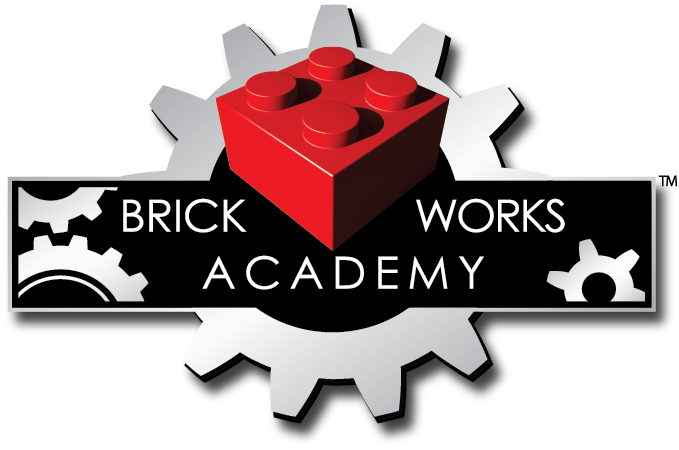Dungeons and Dragons is a tabletop role-playing game that has been around for years.
Since its creation in the 1970s, Dungeons and Dragons or more commonly known as D&D, has been a favourite pastime for people of all ages. It combines storytelling, creativity, and strategy and can be a great asset for kids to learn life skills.
But you might be saying, how can kids learn about a game from the 1970s with so many rules and can be pretty tricky to play. But don't worry; we will give you a few ways to introduce your child to the incredible game of D&D and some of the fantastic skills they can gain while playing.
Background on D&D
D&D is set in the medieval age with many monsters, magic, weapons, armour, and other items.
As the name states, there are dungeons in the game, which your players will explore. The game comprises three parts: the player's handbook, the monster manual, and the dungeon master's guide.
Players start by creating a character. A player can create as many characters as they want to, but if it is their first-time playing D&D, we recommend limiting yourself to one or two players per game master.
A Dungeon Master (DM) will read the rules for Dungeons & Dragons and run the adventure with other players. The DM is part of Dungeons & Dragons, but there are many ways that they can be their character in the game.
Skills Learned from D&D
Now let's get into some helpful tips to teach your child Dungeons and Dragon, so they have a great time learning valuable life skills!
Language Arts Skills: There is nothing better than reading a good book, and Dungeons & Dragons is no exception. Players will have to read a lot of material to understand the game. Not only that, but they also need to be able to communicate with their fellow players during the game itself.
Math Skills: This should be no surprise as Dungeons & Dragons are all about numbers. There are many calculations that players need to do to figure out their armour class, hit points, and other statistics.
Critical Thinking Skills: Dungeons & Dragons is all about problem-solving. Players will often find themselves in difficult situations where they have to think outside the box to survive.
Social Skills: Dungeons & Dragons is a social game that requires players to work together as a team. Dungeons & Dragons can be played online, in person, or over the phone, so it's so good for kids who don't like to play with others because they too will have to talk and interact with other people when playing Dungeons & Dragons.
Teamwork Skills: Dungeons & Dragons also teaches teamwork skills. Players need to work together to complete quests and defeat monsters.
Creativity: Dungeons & Dragons is all about creativity. Players can be creative with their characters, weapons, and spells.
Planning Skills: Dungeons & Dragons also require good planning skills. Players must plan ahead before exploring a dungeon in order to survive.
The Most Important Part
All of these skills mentioned above are amazing for a child's development and while developing those is a big reason why D&D is so popular for kids and adults alike, the main reason you should have your child learn about D&D is...
It's Fun!
Dungeons and Dragons is an enjoyable time. It combines storytelling, creativity, and strategy into something that feels like a video game but without the screens.
D&D can be played with friends and complete strangers, and by the end of your child's game, they will have created new bonds with other kids and will be chatting about the game for months after it is all over.
Every game of D&D is entirely different as rules, players and situations change. It encourages imagination which is why D&D should be on the agenda for your kids!
If you want your child to learn about the fun and excitement, they can have playing Dungeons and Dragons, visit the Brick Works virtual camp section in our camps menu and sign them up for virtual Dungeons and Dragons camp this year.

